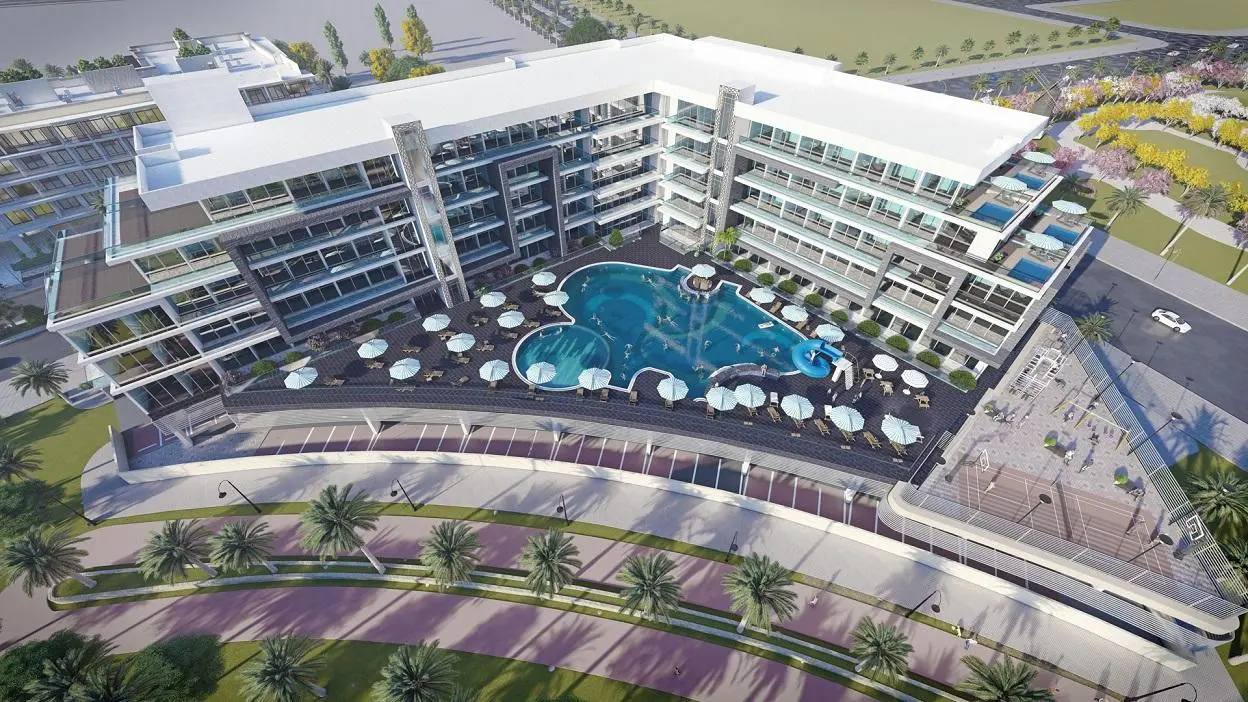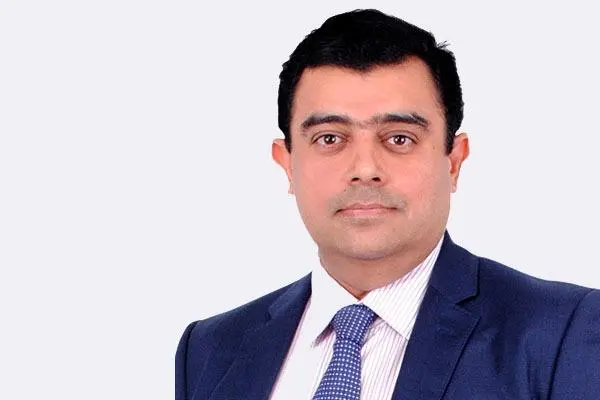PHOTO
International property buyers may have lost interest in Dubai amid the coronavirus pandemic in 2020, but Imran Farooq, CEO of Dubai-based Samana Developers, expects them to return in 2021.
In an interview with Zawya, he said that 60-65 percent of Samana’s clients were international buyers in 2019, “but that ratio changed completely in 2020, with residents constituting 85 percent of the buyers.”
He is bullish about the economic recovery of the UAE this year. “By the second or third quarter, strong participation from UAE residents combined with normalisation of flights, and the fact that the Expo is starting in October 2021 … we are very bullish about 2021.”
He continued: “Dubai’s lifestyle, community, safety keep getting better and will convert visitors into buyers. People from Europe, America, and Asia want to explore the option of having a second home in Dubai, and this demand will make itself felt once regular flights start.”
He said the company will start delivering its 122-unit Samana Greens in the first quarter and the 205-unit Samana Hills in the third. Both projects are in Arjan, Dubailand. The company has plans to launch other new residential projects in the city this year as well.
“Two launches will happen in May 2021. One is a 155-million dirham [$42 million] project in Jumeirah Village Circle, while the second project, valued at 100 million dirhams [$27 million], is in Dubai Studio City. We are in the approval stage with the planning authority and are complying with RERA’s [the Real Estate Regulatory Agency] escrow requirements,” he said.


Samana Hills Project. Image courtesy Samana Developers.
Commenting on the rule RERA introduced last year requiring developers to deposit 50 percent of the project’s construction cost upfront compared to 20 percent previously, he said the move will ultimately be beneficial for Dubai’s real-estate sector. “It will weed out non-performing developers since motivation will be extremely high for developers to focus on construction. They will be pushed to complete the project sooner to close the escrow account and release the equity.”
“Our forte has always been to build and deliver on time,” he added. “We were always running a conservative model, and this [rule] goes with our model.”
Farooq believes that the rule will help reduce oversupply in the market by slowing down off-plan launches. “A developer [has] to come up with 250 percent additional cash flow, so automatically, the number of developments he can push should reduce by half. That’s how I expect the supply of off-plan projects to come down.”
“Because off-plan supply will be reduced and brand Dubai is so much in demand, people will be looking at ready properties,” he added.
Last month, real-estate consultancy CORE said in a report that off-plan market activity had contracted by 32 percent year-on-year in 2020 as buyers preferred ready units to avoid further uncertainty.
On the other hand, Farooq said, project costing could increase by as much as 75 percent under the new rule. “To get an escrow account, the land has to be fully paid up. If you add up the land and the 50 percent [construction cost] payment upfront, you are talking 70 percent of the project cost being paid upfront. RERA has its mandate, and we need to abide by it.”
(Reporting by Anoop Menon; editing by Seban Scaria)
Disclaimer: This article is provided for informational purposes only. The content does not provide tax, legal or investment advice or opinion regarding the suitability, value or profitability of any particular security, portfolio or investment strategy. Read our full disclaimer policy here.
© ZAWYA 2021





















